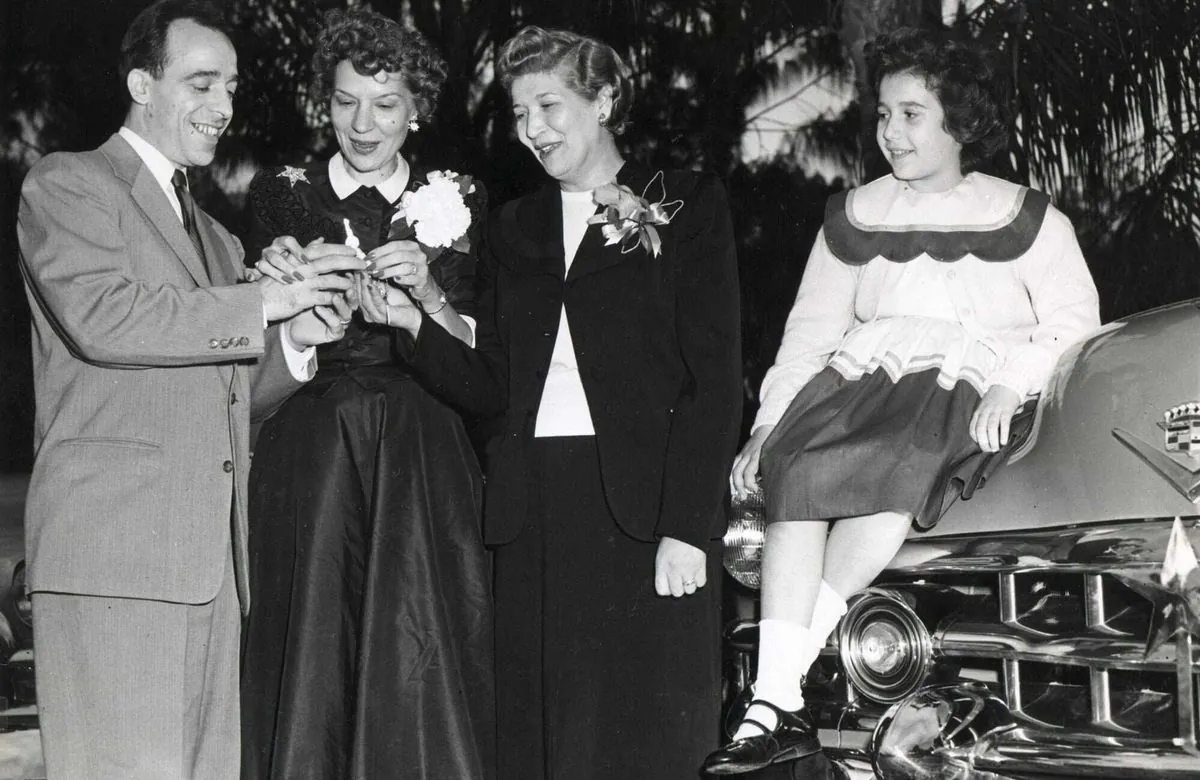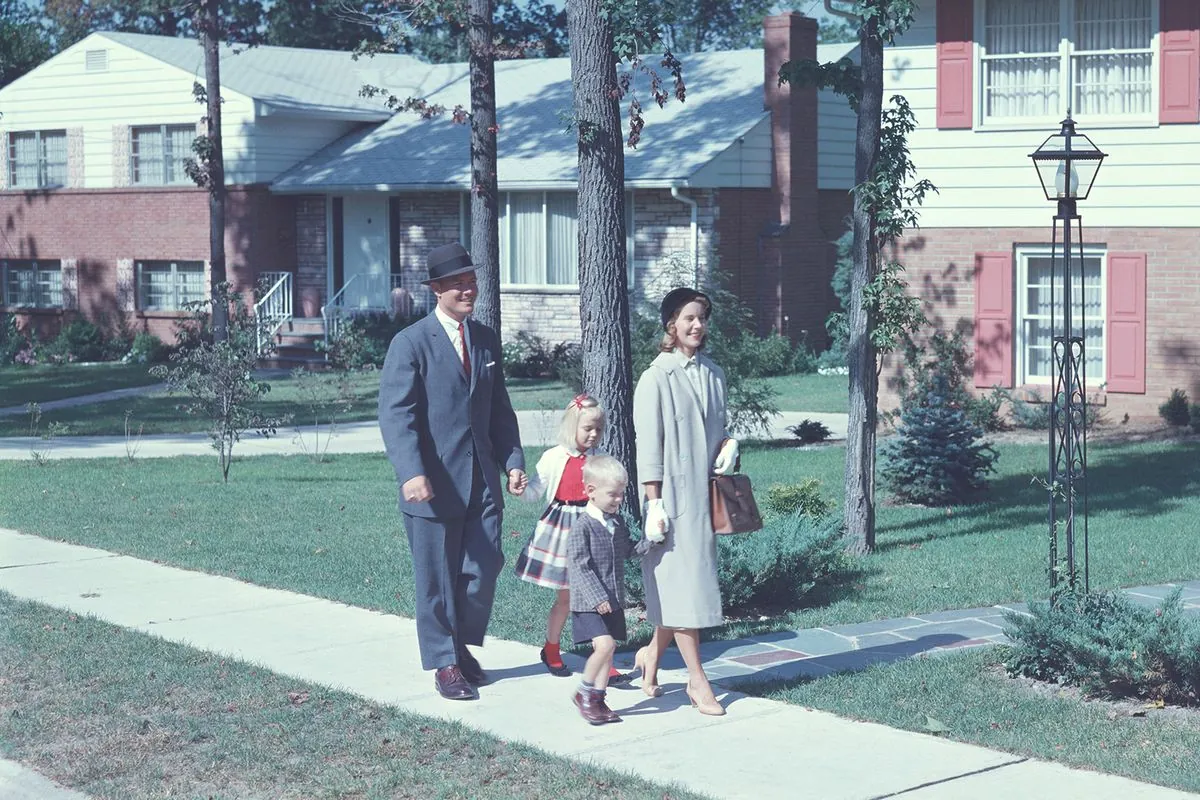Suburban Suspense Falls Flat: "Mothers' Instinct" Lacks Melodramatic Punch
A new psychological thriller starring Anne Hathaway and Jessica Chastain fails to capture the intensity of classic Hollywood melodramas, despite its polished 1950s setting and talented cast.

In the realm of psychological thrillers, "Mothers' Instinct" emerges as a polished yet underwhelming addition to the genre. Set against the backdrop of 1950s suburbia, the film attempts to channel the spirit of classic Hollywood melodramas but falls short of their emotional intensity.
Anne Hathaway and Jessica Chastain, both Academy Award winners, portray neighboring housewives Celine and Alice, whose seemingly idyllic lives are shattered by a tragic accident. Despite their proven acting prowess, their performances in this film lack the grandiose quality that made Golden Age melodramas so captivating.
The story unfolds in a meticulously crafted Eisenhower-era setting, a time when the average American family consisted of 3.67 members and suburban living was on the rise. The film's attention to period detail is commendable, with impeccable costumes and richly hued cinematography transporting viewers to an era of manicured lawns and rigid gender roles.

However, the film's restrained approach to its subject matter proves to be its downfall. Where classic melodramas would have embraced sweeping emotions and larger-than-life performances, "Mothers' Instinct" opts for a more subdued tone. This decision robs the narrative of the visceral impact needed to elevate it beyond a mere period piece.
The plot revolves around the psychological warfare that ensues between Celine and Alice following the death of Celine's son. This premise touches on themes of maternal guilt, postpartum depression (which affects 10-15% of mothers), and the complexities of female friendships. Yet, the film fails to fully explore these issues with the depth they deserve.
Anne Hathaway's portrayal of the grieving Celine stands out as the film's strongest element, showcasing a nuanced performance that, ironically, feels at odds with the melodramatic potential of the story. Jessica Chastain's Alice, grappling with her own insecurities and suspicions, provides a counterpoint that never quite reaches the fever pitch one might expect from this genre.
While "Mothers' Instinct" may not satisfy those craving the high drama of classic Hollywood, it does offer a visually striking glimpse into the 1950s, a decade that saw the rise of psychological thrillers and the beginning of the "Golden Age of Television." The film's technical aspects, including Anne Nikitin's emotive score, create a palpable atmosphere of tension that the narrative struggles to match.
Ultimately, "Mothers' Instinct" serves as a reminder of the power of unrestrained melodrama in cinema. Its inability to fully embrace the genre's conventions results in a film that, while competently crafted, fails to leave a lasting impression on its audience.


































